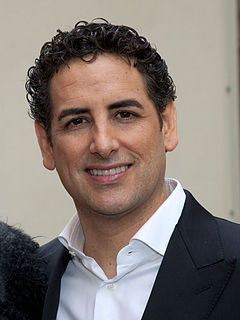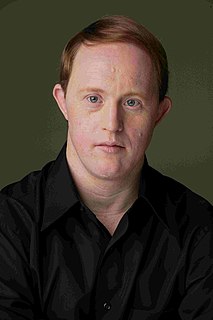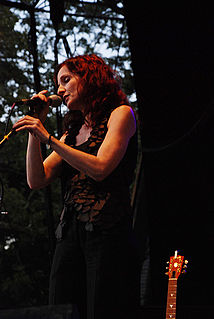A Quote by Gus Dapperton
My singing voice is very specific to me. That's my natural voice when I sing.
Related Quotes
I hope that 'Gambit' doesn't take ten years, but it takes a little honing to get that tone and that voice exactly right. The character has such a specific voice in the comic, in the same way that Deadpool has a specific voice in the comic, that we want to make sure that we capture that voice on the page.
There are no words and there is no singing, but the music has a voice. It is an old voice and a deep voice, like the stump of a sweet cigar or a shoe with a hole. It is a voice that has lived and lives, with sorrow and shame, ecstasy and bliss, joy and pain, redemption and damnation. It is a voice with love and without love. I like the voice, and though I can't talk to it, I like the way it talks to me. It says it is all the same, Young Man. Take it and let it be.
What is certain is that singing is not merely modulating a song by means of the voice: we sing and we celebrate the beauty that we can grow and live every day. If you want to sing and give emotions to those who are listening, you must have something to tell through your singing; you have to use singing like an instrument to tell something.


































